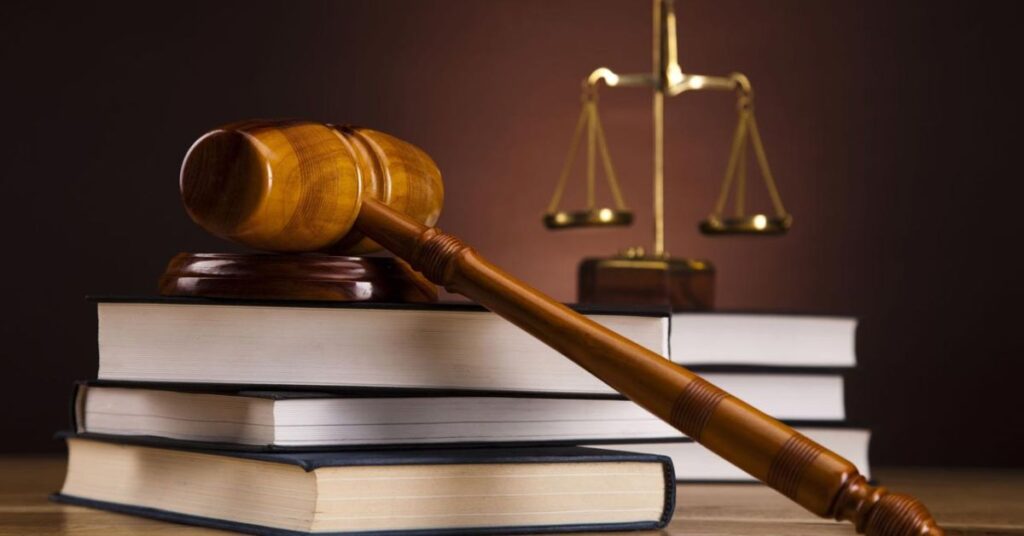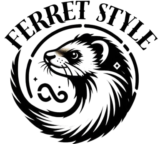
The C.W. Park USC Lawsuit and the University of Southern California (USC) is a significant legal case. Park, a respected marketing professor, has accused USC of racial discrimination and retaliation. He claims that the university treated him unfairly because of his Korean background.
Park also alleges that when he spoke out about these issues, USC retaliated against him. This allegedly created a hostile work environment and limited his academic freedom. Academic freedom is the right of professors to express their opinions and conduct research without fear of punishment.
USC has denied these accusations. The university argues that it treated Park fairly and followed proper procedures. However, the case has raised concerns about how universities handle issues of diversity and inclusion.
This lawsuit has gained attention because it highlights challenges related to faculty rights, academic freedom, and racial equality in higher education. Park’s claims bring forward important discussions about how universities should support international faculty members and address discrimination. The outcome of this case could have far-reaching consequences for academic institutions across the country.
Background of C.W. Park and His Contributions
C.W. Park is a renowned figure in the academic world, particularly in marketing and consumer behavior. He has made significant contributions to the field, notably at USC’s Marshall School of Business, where his research and teaching have been widely recognized. However, despite his impressive record, Park alleges that his professional trajectory at USC was obstructed due to discrimination based on his ethnic background. According to the lawsuit, Park claims that the university systematically marginalized him and hindered his academic growth because of his Korean heritage).
Allegations of Racial Discrimination
The heart of Park’s lawsuit lies in accusations of racial discrimination. He contends that USC treated him differently from his colleagues of non-international backgrounds. This differential treatment allegedly affected not only his career advancement but also his access to university resources and participation in faculty decisions. Park has detailed instances where he felt overlooked in key appointments and research opportunities despite his qualifications.
This case raises serious questions about how universities, particularly elite institutions like USC, handle diversity and inclusion. If these allegations are proven true, it would highlight significant shortcomings in USC’s approach to fostering a truly inclusive academic environment.
Retaliation and Academic Freedom
In addition to claims of discrimination, Park has also accused USC of retaliating against him after he voiced his concerns. According to the lawsuit, when Park attempted to address the discriminatory behavior he faced, the university responded by curtailing his academic freedoms and marginalizing his role within the institution.
Academic freedom is a cornerstone of higher education, allowing scholars to pursue research and express their views without fear of institutional retribution. Park alleges that USC infringed upon this freedom by retaliating against him, creating a hostile work environment, and undermining his ability to contribute fully to the academic community. Such claims put a spotlight on the potential fragility of academic freedom in modern universities, particularly for faculty members who come from underrepresented or international backgrounds.
USC’s Response and the Broader Implications
USC has denied Park’s allegations and is defending itself against the lawsuit. The university asserts that it has followed proper procedures in its dealings with Park and maintains that the claims of discrimination and retaliation are unfounded.
Regardless of the outcome, this lawsuit has already sparked discussions about how universities handle internal disputes, particularly those involving discrimination. Higher education institutions are increasingly under scrutiny for their handling of diversity, inclusion, and faculty rights, and this case could serve as a precedent for how such matters are addressed in the future.
The Broader Impact on Faculty Rights and Academic Freedom
One of the key aspects of the C.W. Park lawsuit is its potential to influence the broader landscape of faculty rights in higher education. The case underscores the importance of protecting academic freedom while ensuring that universities uphold principles of diversity and inclusion. For many, the lawsuit serves as a cautionary tale about the potential pitfalls that arise when faculty rights and institutional policies collide.
Academic freedom is meant to provide a safeguard for professors, allowing them to explore controversial topics and challenge prevailing norms without fear of retribution. Park’s claims suggest that this freedom can be compromised when institutional priorities or internal politics come into play. The outcome of this case may, therefore, lead to a re-evaluation of how universities handle similar disputes in the future, with possible reforms to ensure greater transparency and fairness in resolving conflicts between faculty and administration.
Challenges of Diversity and Inclusion in Higher Education
Another key element of the C.W. Park lawsuit is the challenge of balancing diversity and inclusion within the academic workforce. As universities become increasingly global, they must navigate the complexities of integrating faculty from diverse ethnic and cultural backgrounds. Park’s case highlights the difficulties that international faculty members may face, even at institutions that pride themselves on being progressive and inclusive.
The lawsuit also reflects broader societal conversations about systemic racism and the barriers that people of color and international faculty members often encounter. As institutions like USC strive to create more inclusive environments, cases like Park’s will likely serve as benchmarks for progress—or lack thereof—on issues related to equity and diversity.
Looking Forward: The Future of Academic Disputes
The outcome of the C.W. Park lawsuit will be closely watched by universities across the country, as it has the potential to shape how faculty rights, academic freedom, and diversity issues are handled in higher education. Beyond the immediate legal implications, the case has already sparked important conversations about institutional accountability, equity, and the evolving role of universities in fostering inclusive environments for all their members.
If Park succeeds in his lawsuit, it could lead to significant changes in how universities manage internal disputes, particularly those involving allegations of discrimination and retaliation. Institutions may need to adopt more robust mechanisms for conflict resolution and ensure that policies are in place to protect faculty from retaliation when they speak out against perceived injustices.
Conclusion About C.W. Park USC lawsuit
The C.W. Park USC lawsuit is more than just a legal dispute between a professor and a university. It highlights critical issues related to racial discrimination, academic freedom, and the challenges of diversity in higher education. The case’s outcome could have far-reaching consequences for how universities address these issues in the future, potentially reshaping the landscape of academic governance and institutional accountability.



